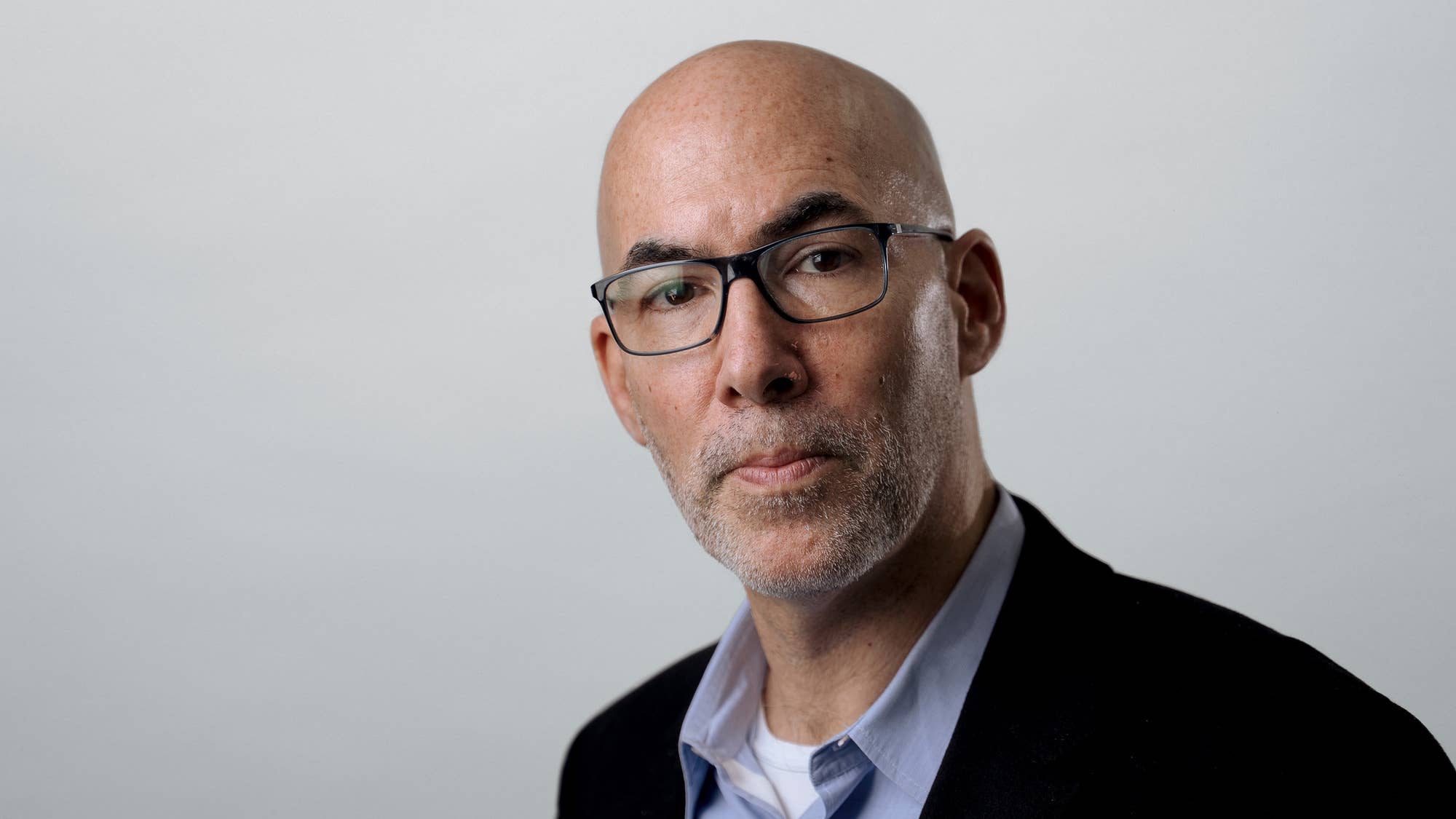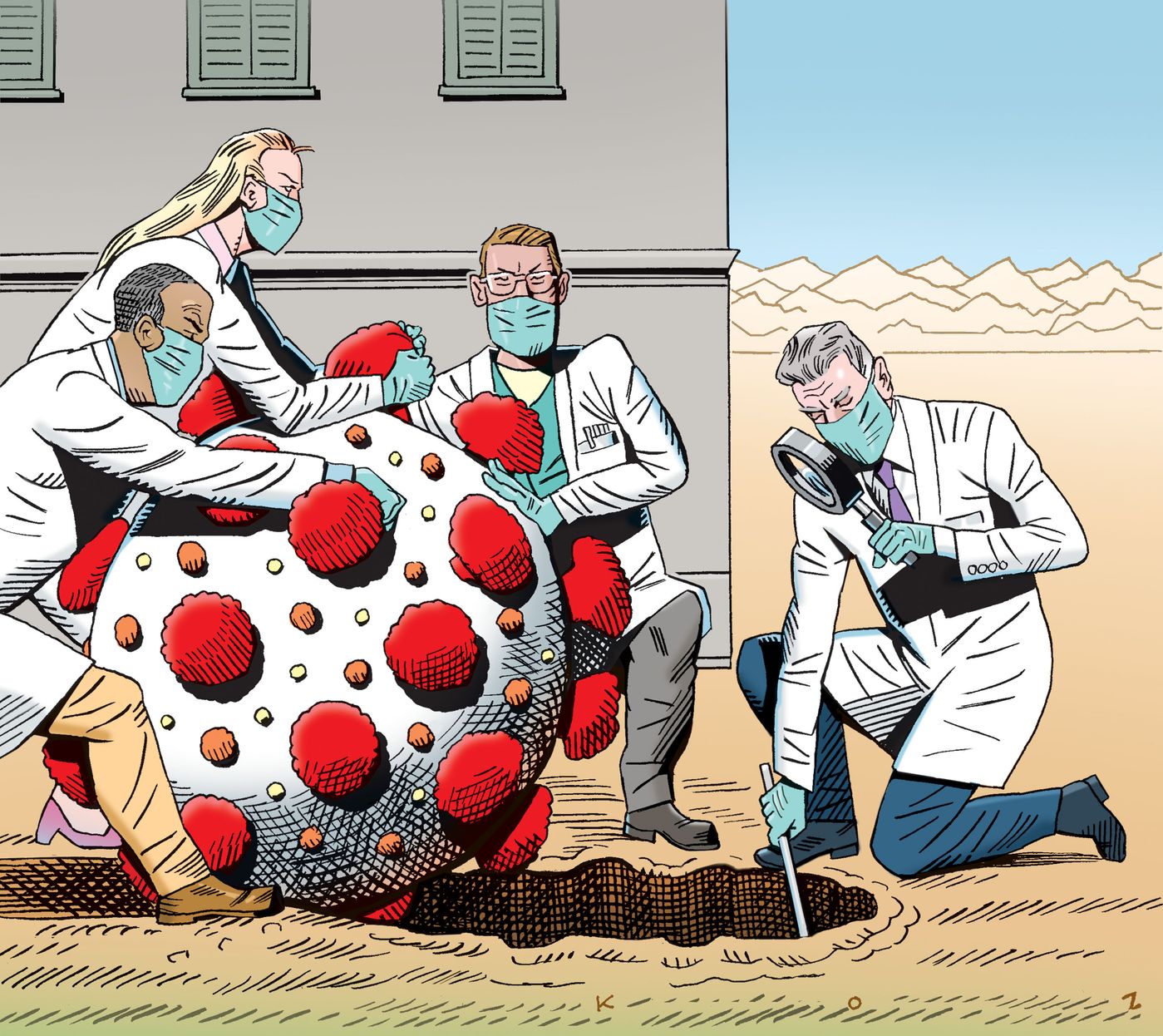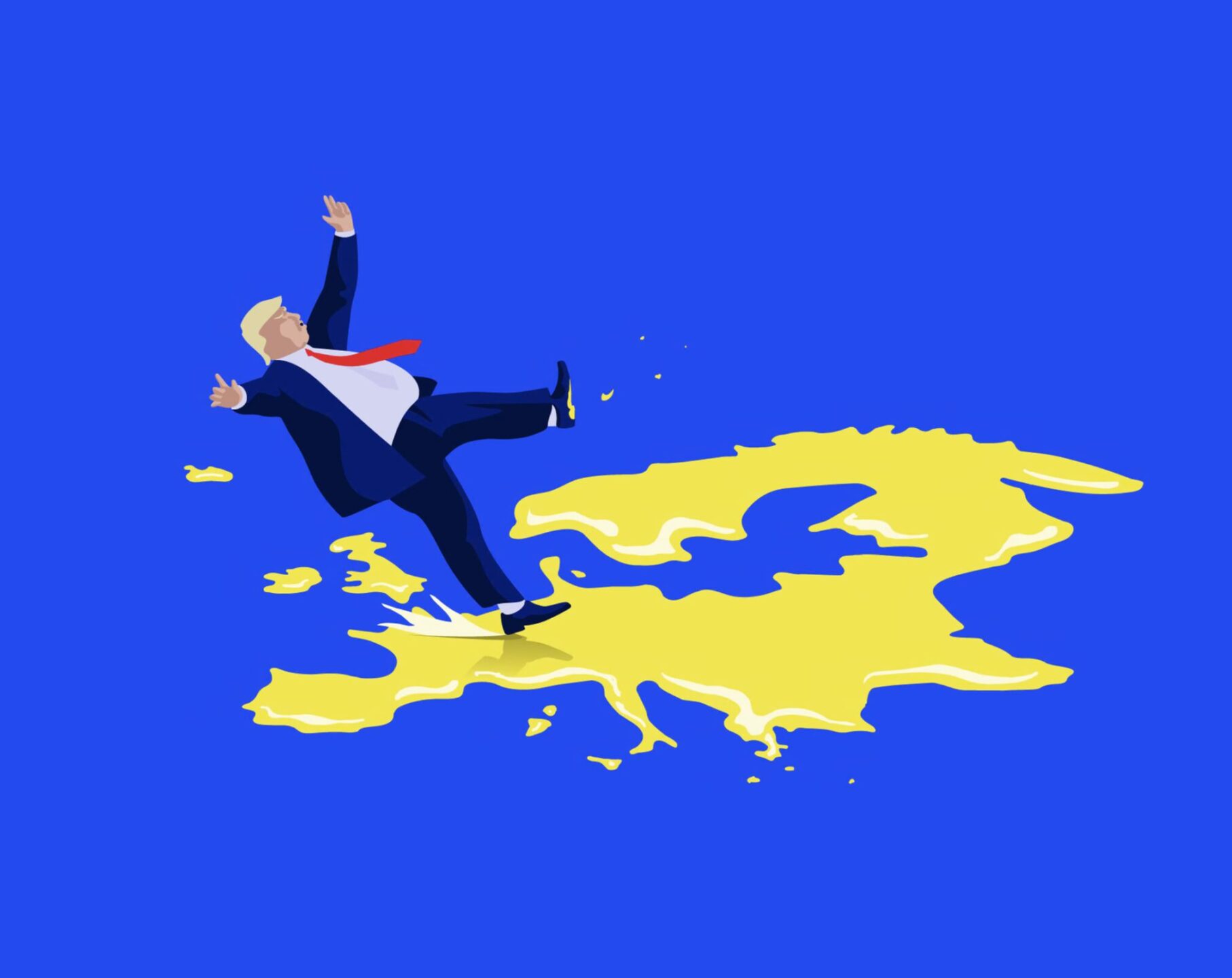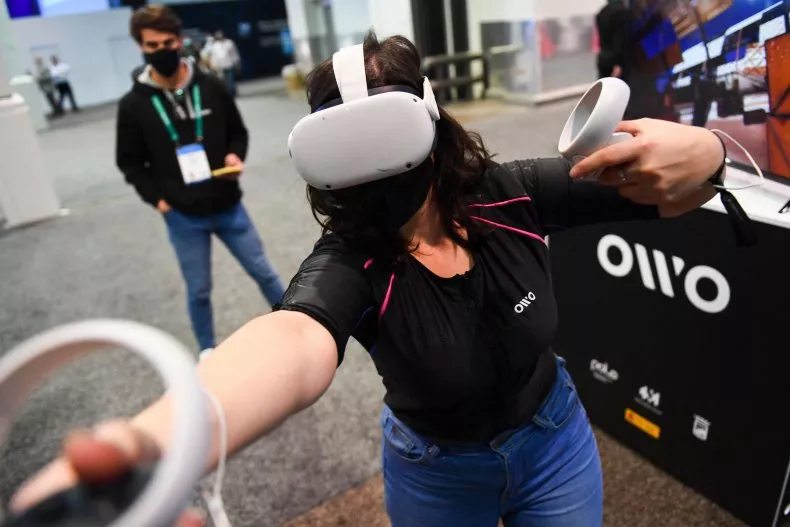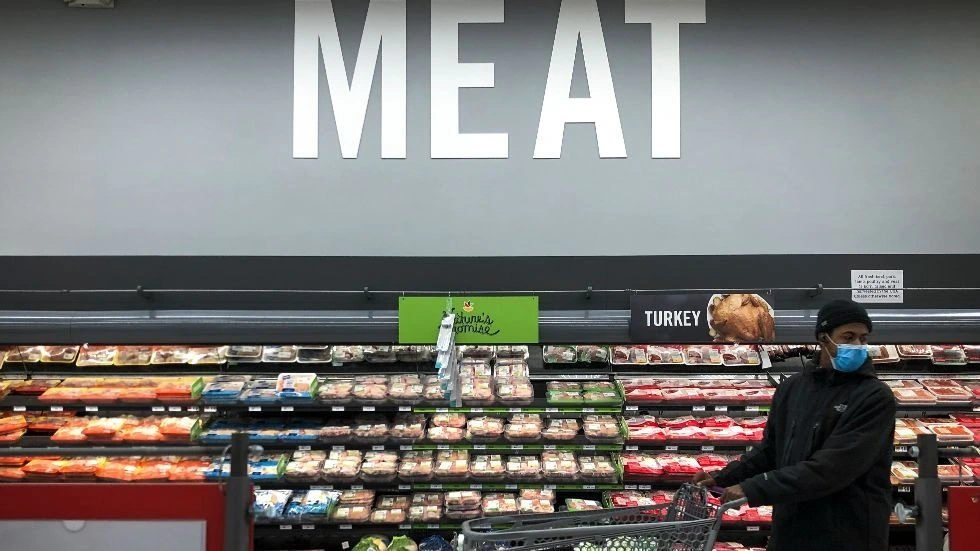More than three years after the start of the global pandemic there has yet to be a comprehensive forensic investigation into its origins. With more than a million Americans dead from Covid-19, and an estimated 15 million dead worldwide, that’s inexcusable. While Chinese obfuscation and misdirection is chiefly to blame for the lack of understanding of how the novel coronavirus swept the globe, the U.S. could do far more to get to the bottom of what happened. Congress should hold hearings to establish a bipartisan Covid-19 commission along the lines of the 9/11 commission.
Beyond the finger pointing and political posturing lies an answerable question: Why was there a pandemic? There are two competing hypotheses. Some believe the novel coronavirus probably escaped from a laboratory in Wuhan. Others maintain the virus first jumped to people from caged animals at a Wuhan seafood market.
Testing either hypothesis would require access to Wuhan lab records, biological samples, and personnel as well as frozen blood samples collected in 2019 by various Wuhan blood banks. The malfeasance of China’s rulers is the primary reason the international community doesn’t have access to these resources and data. Since the early days of the pandemic, Chinese officials have systematically destroyed samples, hidden records, imprisoned citizen journalists asking questions about the pandemic’s origins, and enforced a gag order on scientists. Beijing also has refused to provide requested data to the World Health Organization and condemned calls by WHO Director General Tedros Adhanom Ghebreyesus for a full international audit of the Wuhan labs.
But China hasn’t been the only problem.
But in September 2021, a leaked Defense Department document revealed that some of the same scientists had worked together, along with the Wuhan Institute of Virology, on a 2018 proposal to the Defense Advanced Research Projects Agency. Their project? Genetically engineering rare gain-of-function features, called furin cleavage sites, into SARS-like viruses in their possession.
To its credit, Darpa didn’t fund that research, but it was highly significant—or spectacularly coincidental—that the SARS-CoV-2 virus, containing this precise feature never-before-seen in any SARS-like virus, began infecting people in Wuhan the next year. Scientists who had called the lab-leak hypothesis a conspiracy had failed to disclose that the lethal virus sweeping the world was eerily similar to the one they had wanted to create.
China’s systematic efforts to block meaningful investigation doesn’t mean that the U.S. should throw up its arms. In fact, both the Trump and Biden administrations have taken action to dig further. The Trump administration began asking questions internally. Early in his tenure, President Biden also authorized a limited, 90-day review of this issue by America’s intelligence agencies. It’s fair to say that both administrations did something and that neither has done enough.
Earlier this year, an international group of scientists and former national security officials—including us—signed an open letter detailing some of the failures of scientific journals and news organizations and calling for greater accountability. What we now need are bipartisan, evidence-based hearings asking the toughest questions about the pandemic’s origins. Congress must carefully look at China’s transgressions as well as our own shortcomings. The National Institutes of Health, for example, funded research at the Wuhan Institute of Virology without sufficient knowledge about what work was being done at that facility.
The French government played a key role in building the Wuhan Institute of Virology and was well aware of how the construction process had gone badly awry. Confidential access to key records held by the U.S. government, private science journals, and companies that conduct genetic sequencing also has the potential to be highly illuminating.
That Democrats control the Senate and Republicans control the House provides a unique opportunity for responsible, hard-hitting hearings in both chambers. There’s no reason this should become an exercise in partisan point-scoring. Getting to the bottom of how this avoidable human catastrophe began—and adopting measures to prevent similar ones—should naturally be a unifying initiative.
Congressional hearings must lay the foundation for a bipartisan Covid-19 commission to prepare a full account of what went wrong and what can be done to make scientific research safer, our public health systems stronger, and our future more secure. Congress can encourage allied and partner governments around the world to do the same. Without a clear understanding of why there was a pandemic, the world remains at risk. Future generations deserve to know the full story.
Mr. Metzl served on the national security council staff during the Clinton administration and is founder and chair of OneShared.World. Mr. Pottinger served as deputy national security adviser during the Trump administration and is on the board of the Vandenberg Coalition.
